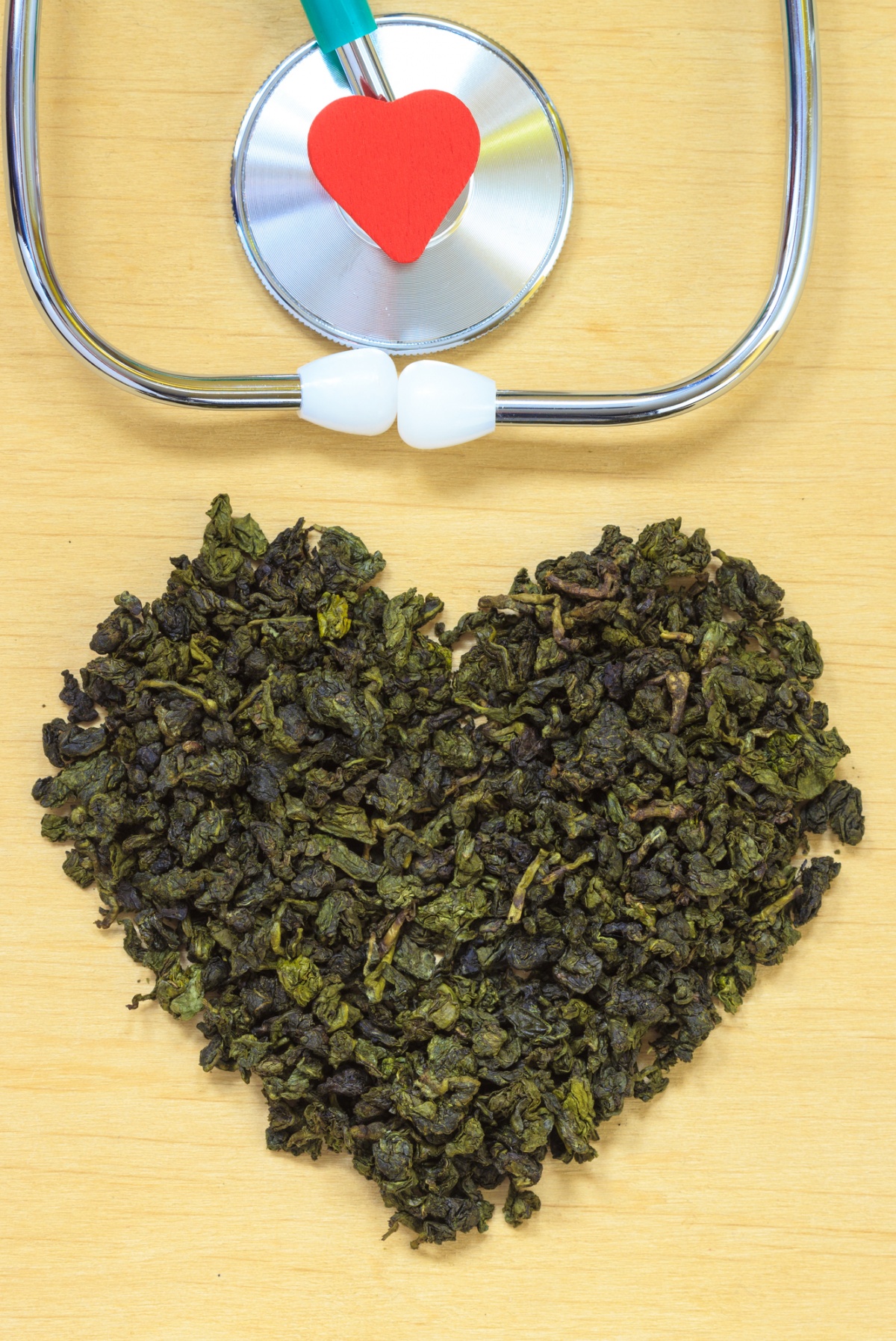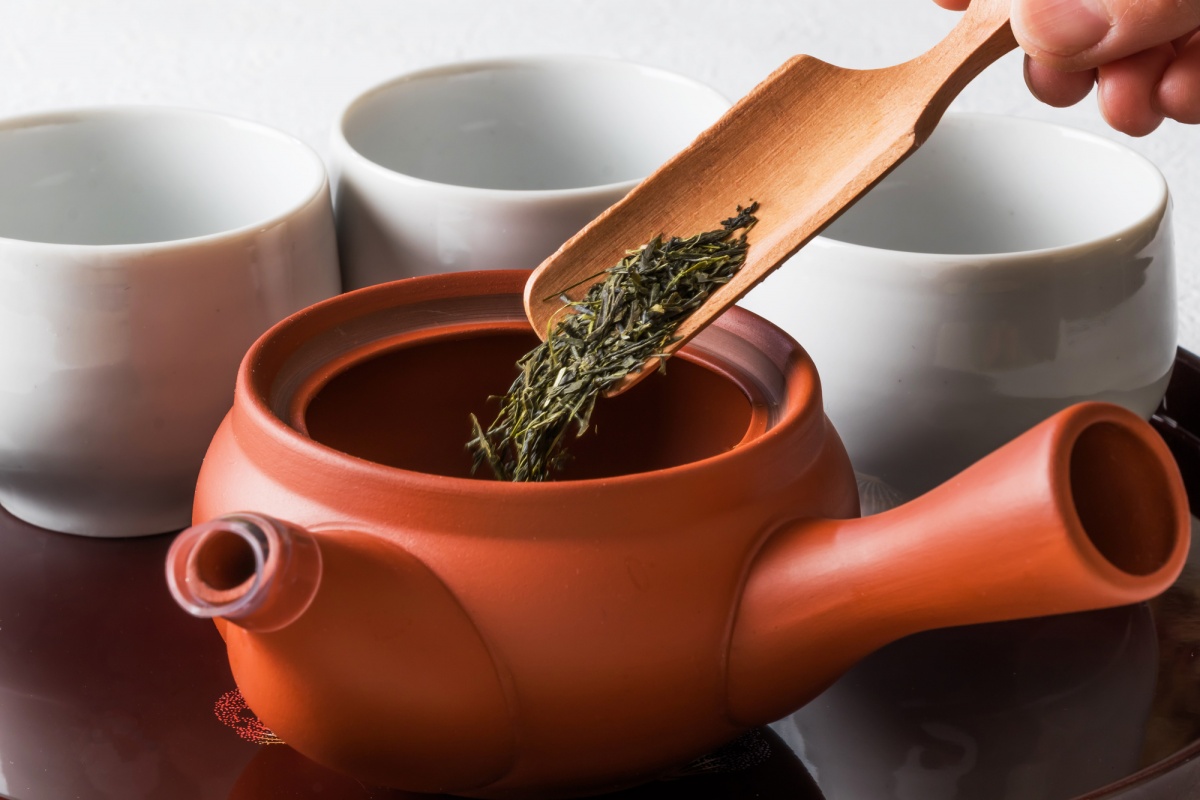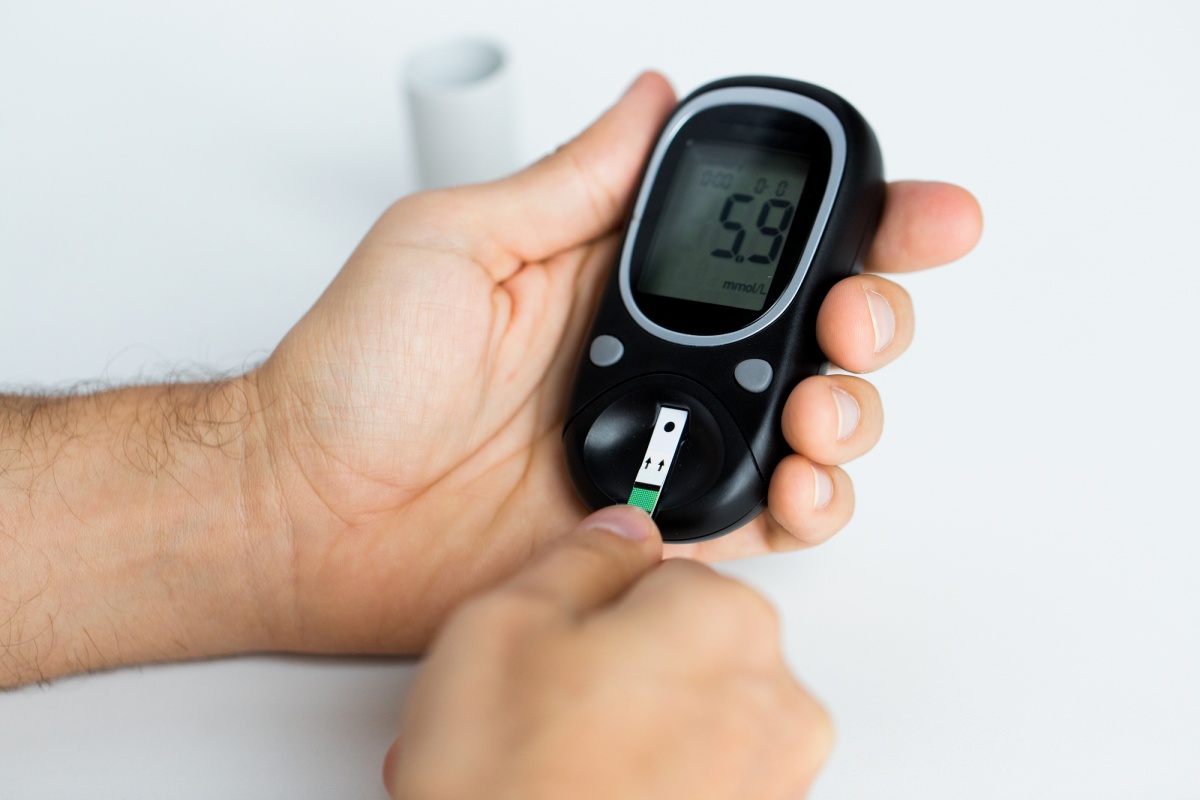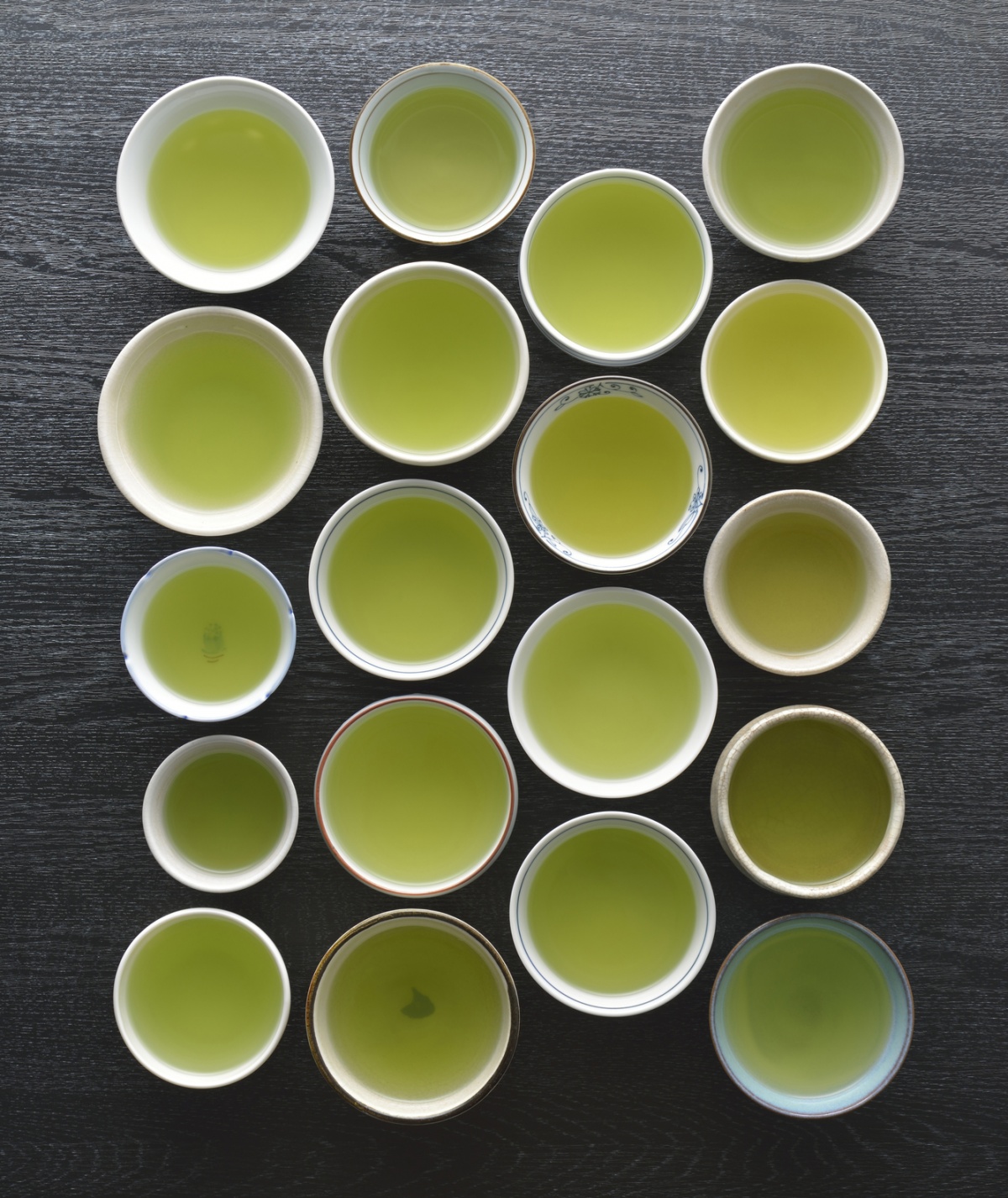The Real Health Benefits of Green Tea

Green tea has long been believed to have various health benefits. It’s been traditionally used to promote digestion and treat gas, as an astringent, a diuretic and a stimulant, and even to control blood sugar, improve heart health and boost mental processes. But what does it actually do?
By Michael KanertWhat Makes Green Tea Healthy?

To understand the health benefits of green tea, we first need to look at antioxidants. Antioxidants are molecules that inhibit oxidation, which is a chemical reaction that can produce free radicals, molecules with unpaired electrons that can react with macromolecules in the body’s cells to produce harmful changes. Cell damage from free radicals has been linked to health problems such as cancer and heart disease.
Antioxidants can be found in unprocessed foods such as fruits and vegetables, with vitamins A, C and E being three common examples. The primary health benefits of green tea are believed to derive from powerful antioxidants called polyphenols, and the polyphenol level of tea is affected by its degree of fermentation.
All three major forms of tea—black, green and oolong—come from the leaves of the same plant, Camellia sinensis. Green tea is prepared from its unfermented leaves, while black tea is prepared from fermented leaves, altering its color and flavor. Oolong tea is prepared from partially fermented leaves. As tea leaves are fermented, their polyphenol content drops while their caffeine content rises. The result is that green tea has more polyphenols and half to one-third the caffeine content compared to black tea.
What Conditions Does Green Tea Help With?

The major polyphenols found in tea are called flavonoids. In green tea, 80 to 90 percent of these flavonoids are of a type called catechins, compared to 20 to 30 percent in black tea.
Tea catechins have been found to have antioxidant, anti-inflammatory and anti-hypertensive effects, among other possible benefits. The most abundant catechin in green tea, epigallocatechin gallate (EGCG, accounting for 48 to 55 percent of catechin content), has also been associated with a reduction in cholesterol.
However, while many studies have been conducted on the benefits of green tea, the disparity in methodologies has resulted in inconsistent and sometime exaggerated results. Many studies are based on animal tests that have struggled to achieve comparable results in humans, while human tests often focus on green tea extracts or catechin supplements, with dosages many times those possible without negative side-effects from simply drinking tea. Some of the most positive results have been based on population studies, but in these cases, green tea may only be one of many factors.
Furthermore, while there is general agreement in a number of areas, some of the benefits of green tea may also be impeded by its side-effects.
Does Green Tea Help with Heart Disease?

Numerous studies have examined the positive effects of green tea on heart disease and factors that contribute to heart attack risk.
Published in 2006, a multi-year study of 40,530 Japanese adults found that those who drank more than five cups of green tea a day were 26 percent less likely to die from heart attack or stroke compared to people who drank less than one cup a day, and 16 percent less likely to die from all causes.
Meanwhile, a 2004 study in Taiwan found that those who drank between 120 and 599 milliliters of tea per day for a year were 46 percent less likely to develop high blood pressure (hypertension) compared to non-habitual tea drinkers, while those who drank 600 milliliters or more daily were 65 percent less likely to develop hypertension. A 2011 meta-analysis also showed that the people who drank the most green tea were 28 percent less likely to develop coronary artery disease, with a 10 percent reduction in risk associated with each additional cup drunk per day.
In addition, a 2008 study in Greece found that improved dilation of the major arteries can be observed within 30 minutes of drinking green tea, believed to result from antioxidants working against inflammation in body tissue. Overall, the positive results across these multiple methodologies point to a strong correlation between green tea and reduced risk of heart disease.
However, the caffeine in green tea also stimulates the heart muscles to contract, and has been suspected to cause irregular heartbeats—though more recent studies have cast doubt on the latter association.
Does Green Tea Prevent Cancer?

It has been theorized that polyphenols in tea may help kill cancerous cells or stop them from growing. America’s National Cancer Institute (NCI) also notes that tea polyphenols have “been shown to inhibit tumor cell proliferation and induce apoptosis in laboratory and animal studies.” But population studies have been inconsistent, as factors other than tea consumption can have a strong effect on cancer risk, and many studies have shown conflicting results. Citing more than 50 epidemiological studies since 2006, the NCI states that “the evidence regarding the potential benefits of tea consumption in relation to cancer is inconclusive.”
Results compiled by the University of Maryland Medical Center have, however, suggested reduced spread of breast cancer and longer survival rates for bladder and ovarian cancer among people who drink more green tea, as well as reduced likelihood to develop pancreatic cancer. But other cancers show mixed results, and there have been reports of both green and black tea extracts making some cancer cells less sensitive to chemotherapy.
Does Green Tea Reduce Cholesterol?

Studies have found that EGCG interferes with the emulsification, digestion and micellar solubilization of lipids, reducing the absorption of dietary fat and cholesterol by the intestines.
A meta-analysis of tea-drinking trials from 2011 found a 2.2-milligram-per-deciliter reduction in “bad” LDL (low-density lipoprotein) cholesterol among tea drinkers, while a 2014 meta-analysis found a nearly identical 2.3 mg/dl LDL cholesterol reduction. A 2002 population study in Nagano, Japan, also found that, over a year, each daily cup of green tea consumed correlated with a 0.18 mg/dl reduction in total cholesterol for men, and a 0.22 mg/dl reduction for women, with no additional effect after 10 cups.
However, it must be noted that this change only represents up to about 2 percent of the optimal 100 mg/dl LDL cholesterol level. A 2003 Vanderbilt University Medical Center study did show an impressive 16 percent reduction in LDL cholesterol, but this was only achieved using green tea extract capsules containing polyphenols equivalent to 35 cups of green tea.
The evidence points to green tea having an effect on cholesterol, but whether it's enough to be significant remains a matter of opinion.
Can Green Tea Help Me Lose Weight?

Green tea's possible weight-loss properties are believed to be tied to EGCG's effect on lipid absorption, as well as the tea's caffeine content (though the effect of caffeine on weight loss is also disputed).
A 2009 Japanese study found a decrease in waist circumference among patients with type 2 diabetes after 12 weeks of consuming catechin-rich beverages. Two other studies separately found that consumption of a catechin-rich drink along with exercise resulted in reduced body weight compared to control groups drinking a less catechin-rich beverage. One of these two studies also found a reduction in waist size, while the other did not, though it did find a reduction in abdominal fat area. However, this was achieved using a drink infused with elevated levels of green tea catechins: While a typical 250-milliliter cup of green tea contains 50 to 100 milligrams of catechins (though others claim 120 to 320 mg per cup), these two studies provided intakes of 690 or 625 mg of catechins each day, respectively.
Meanwhile, other studies have been inconclusive, indicating negligible statistical change in weight loss. WebMD simply suggests the most surefire way green tea can help you lose weight is to drink it in lieu of sugary drinks.
Tea combined with exercise may aid in weight loss, but the amount you'd need to drink would seem to depend on the catechin content.
Blood Sugar & Diabetes

One of green tea’s traditional uses is control of blood sugar levels, making it natural to query its effect against diabetes. Indeed, a 2013 meta-analysis found that green tea consumption lowered fasting glucose concentrations in humans by 0.09 millimoles per liter (mmol/L) and fasting insulin concentrations by 1.16. μIU/mL.
Furthermore, a 2006 population study in Japan found that people who drank at least six cups of green tea (or three cups of coffee) per day were 33 percent less likely to develop type 2 diabetes than those who drank one cup or less of green tea (or coffee) per week. That said, higher overall caffeine intake in general was associated with lowering diabetes risk, though no specific association was found with black or oolong tea.
A 2004 study found that green tea lowered blood glucose levels in diabetic mice, and a 2006 study found that mice and rats given EGCG showed improved oral glucose tolerance and blood glucose tolerance. But a 2013 Korean study found that animal data on the effects of EGCG on diabetes can’t be replicated in humans due to differences in the extent an orally administered dose achieves systemic circulation (i.e., differences in oral bioavailability). The same study found that difficulties in controlling EGCG concentrations in humans made results difficult to ascertain in human tests. It did, however, find that it was possible to inhibit cellular glucose intake through green tea consumption.
So while population studies indicate a correlation between lower diabetes risk and habitual green tea consumption, the effect isn't necessarily unique to green tea, and there's no clear evidence of an acute effect on diabetes management in humans.
Liver Disease

A 2015 meta-analysis showed a 32 percent lower chance of liver disease among green tea drinkers in Asia, Europe and America. Protection against liver tumors and liver inflammation has also been observed, but only through animal testing and use of catechin-enhanced supplements.
Conversely, excessive consumption of green tea can cause liver and kidney problems, and cases of liver toxicity have been reported among people who overdosed on green-tea-based supplements. Study author Chung Yang of Rutgers University recommends consumption be limited to up to 10 small cups of green tea daily. It's also been noted that drinking as much as 10 cups a day may result in problems related to high levels of caffeine.
Memory

A small-scale 2014 study in Switzerland found that green tea extract increases the brain’s effective connectivity, with subjects testing better for working memory tasks after consumption. It has been suggested that green tea may be effective for the treatment or prevention of dementia and cognitive decline.
Harmful Effects
In addition to potential problems with liver toxicity, green tea’s caffeine, aluminum and tea polyphenols can be cause for concern if consumed in excess.
Green tea catechins are suspected to have an affinity for iron, meaning they can decrease iron bioavailability, exacerbating iron deficiency problems. Caffeine, catechins and tannic acids are also linked to pregnancy risks, and pregnant or breastfeeding women are recommended to limit consumption to two cups per day.
It’s also best not to consume green tea on an empty stomach, as its tannis content increases stomach acidity. You can see an extensive list of potential side effects below.
How Much Green Tea Should I Drink?

The University of Maryland Medical Center recommends two to three cups of green tea per day, which it says will provide 240 to 320 mg of polyphenols depending on the brand. But as we've seen, there's great uncertainty around just how much polyphenol content can be found in typical green tea, and brand choice is huge: the USDA has found between 7 and 203 mg of EGCG (the major tea catechin) in 100 ml of brewed green tea depending on the brand.
Generally speaking, more expensive brands tend to have more polyphenols. On the opposite end, the USDA found a mean of just 4 mg EGCG per 100 ml in ready-to-drink green tea—so those cans and PET bottles may not be helping much (that's still double the EGCG of instant black tea, however). Alternatively, the University of Maryland Medical Center recommends 100 to 750 mg of green tea extract per day.
WebMD further suggests adding green tea to water at below boiling temperature to preserve its catechins, while adding vitamin C (i.e. a dash of lemon) makes them easier to absorb (conversely, dairy makes it harder).




